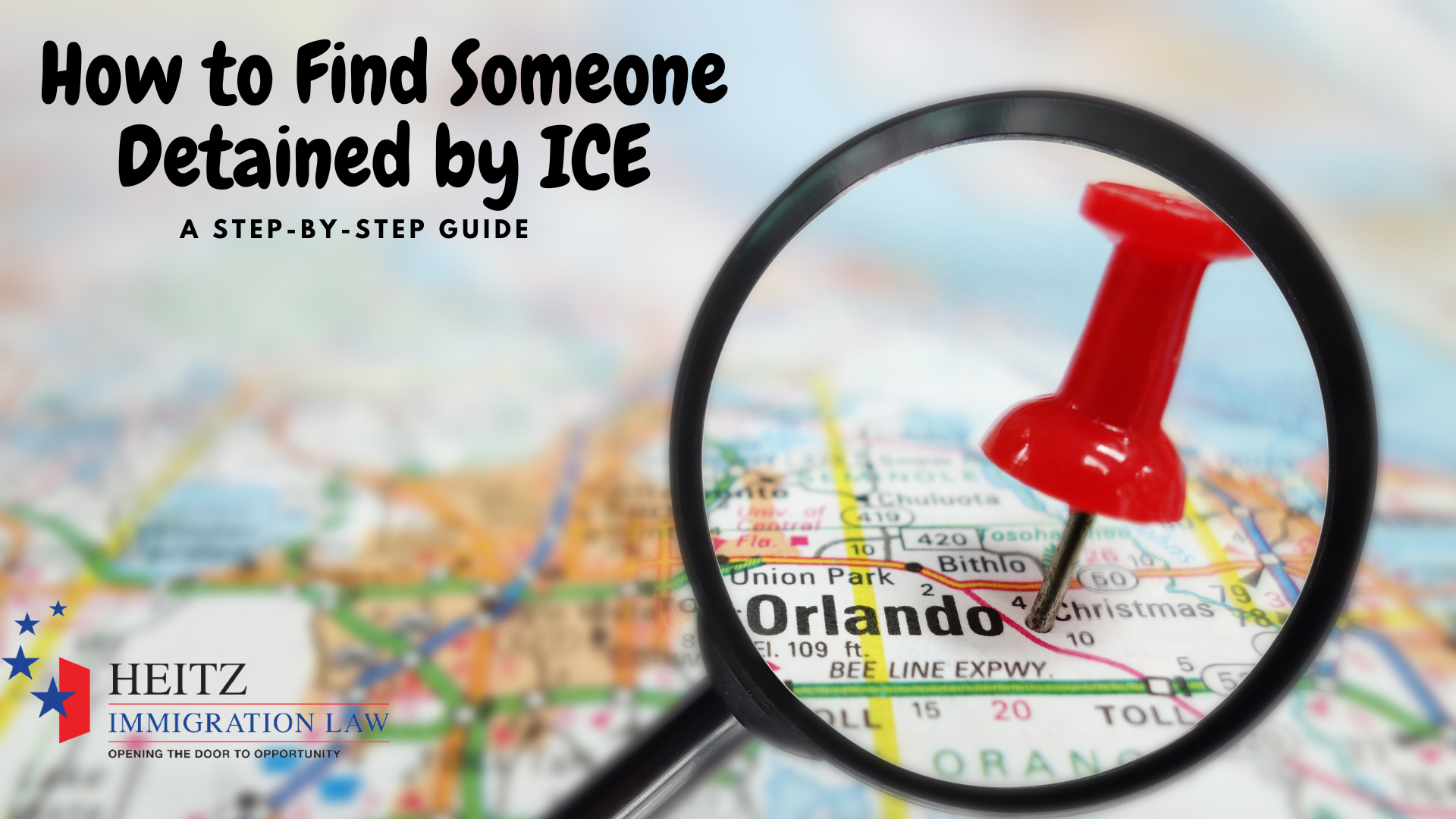Florida recently passed Senate Bill SB 264, known as “Interests of Foreign Countries,” which imposes significant restrictions on property ownership by individuals from specific foreign countries. The law is set to take effect on July 1, 2023.
While its intent is to address concerns about foreign influence, questions arise regarding how real estate agents, as well as others involved in the sale of property, will determine a client’s country of origin without engaging in racial profiling. The law’s potential impact on fair housing practices and its ongoing legal challenges highlight the need for careful consideration and understanding of the rights and responsibilities of all parties involved in the real estate process.
Overview of FL 264:
FL 264 aims to limit land ownership by “foreign principals” from designated “foreign countries of concern,” such as China, Venezuela, Syria, Russia, Iran, North Korea, and Cuba. The law prohibits these individuals from owning or acquiring agricultural land in Florida and from owning or acquiring any property within 10 miles of military installations or critical infrastructure. However, U.S. citizens and lawful permanent residents (green card holders) from any of these countries are exempt from these restrictions.
Consequences of Noncompliance:
Noncompliance with ownership provisions may lead to civil penalties, including forfeiture, and criminal charges for knowingly selling land to foreign principals near military installations or critical infrastructure. This may result in a reluctance of property sellers and Realtors to engage in business with individuals that have national origins from these countries. Not to mention, how will the seller even know? Will they have to demand to see a client’s immigration documents? How are they expected to verify this? Why should they become the “immigration police”?
China-Specific Ownership Restrictions:
In addition to the general restrictions, FL 264 imposes specific limitations on property ownership by citizens of the People’s Republic of China. It prohibits various Chinese entities and individuals, excluding U.S. citizens and lawful permanent residents, from purchasing or acquiring real property in Florida. However, there are exceptions for residential properties and diplomatic purposes, subject to registration and affidavit requirements.
Concerns and Legal Challenges:
Critics argue that the law raises concerns about racial profiling, discrimination, and potential violations of the Fair Housing Act. The Asian American community has expressed concerns over scapegoating and the stripping of land ownership rights. On May 22, 2023, a lawsuit challenging the law on constitutional and discriminatory grounds was filed. The plaintiffs are represented by organizations like the American Civil Liberties Union (ACLU) and the Asian American Legal Defense and Education Fund (AALDEF).
There are already huge concerns being expressed among professionals that work in the real estate industry because there is no guidance on how to evaluate the lawful status of individuals they will be working with! We do anticipate further legal challenges to this bill once it goes into effect.









